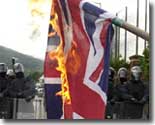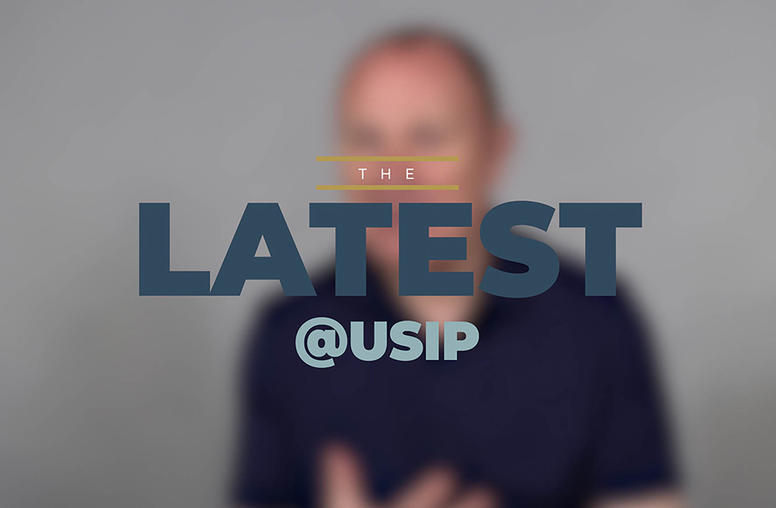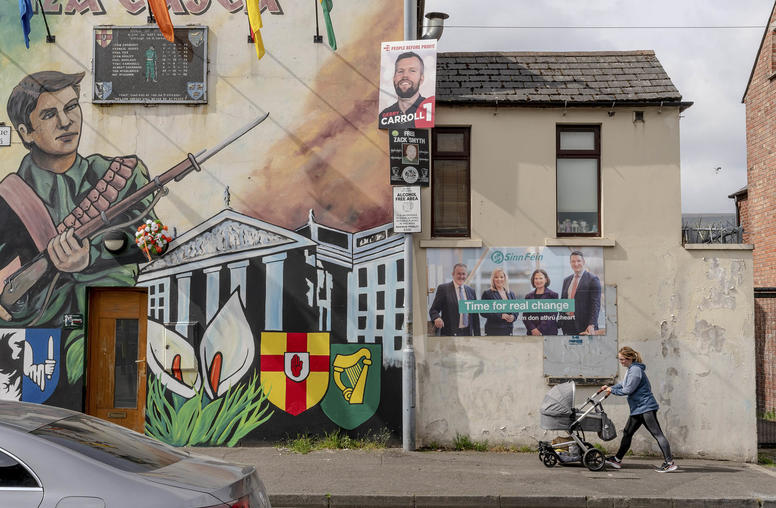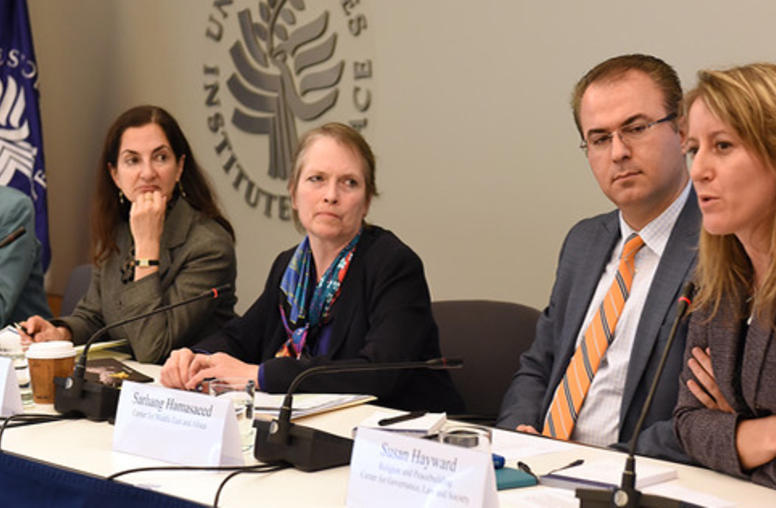The Northern Ireland Peace Process
Image on left: Catholic protesters torch a British flag in front of riot police in Belfast before a Protestant march in July. World Wide AP Photo
 The Good Friday Agreement of 1998 brought the combatants in the Northern Ireland conflict closer to a settlement on core issues than many had thought possible. However, the political process the agreement set in motion faces serious challenges in the years ahead. On December 12, the Institute hosted a Current Issues Briefing on prospects of the Northern Ireland peace process with State Department director of policy and planning Richard Haass and Northern Ireland experts Paul Arthur and Andy Pollak. Areas of discussion during the session included:
The Good Friday Agreement of 1998 brought the combatants in the Northern Ireland conflict closer to a settlement on core issues than many had thought possible. However, the political process the agreement set in motion faces serious challenges in the years ahead. On December 12, the Institute hosted a Current Issues Briefing on prospects of the Northern Ireland peace process with State Department director of policy and planning Richard Haass and Northern Ireland experts Paul Arthur and Andy Pollak. Areas of discussion during the session included:
- The latest developments in the peace process and obstacles to progress on key issues.
- The successes and failures of the Good Friday Agreement thus far, its future viability, and the prospects for the Northern Ireland Assembly.
- Options for U.S. policy at this critical moment in the process.
Moderated by Institute senior fellow and Northern Ireland scholar Marie Smyth, the discussion was webcast live and followed by questions from the floor and the Internet audience.
Speakers
- Richard Haass
Director of Policy Planning, U.S. State Department. - Paul Arthur
Professor, Peace and Conflict Studies Program, University of Ulster; and former Institute Senior Fellow. - Andy Pollak
Director, Center for Cross-Border Studies, Armagh, Northern Ireland. - Marie Smyth, Moderator
Senior Fellow, U.S. Institute of Peace.



